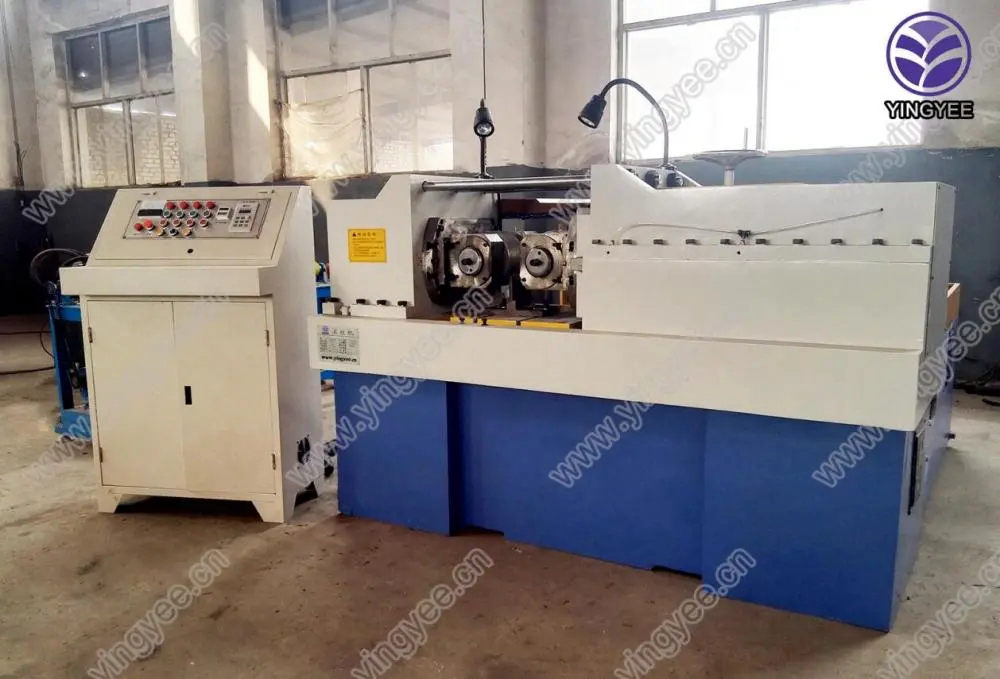
Glazed Roofing Tile Roll Forming Machine An Overview
The glazed roofing tile roll forming machine has become an essential piece of equipment in the construction and building materials industry. This machine is specifically designed to produce high-quality glazed roofing tiles that are both aesthetically pleasing and functionally efficient. With the rising demand for durable and visually appealing roofing solutions, the relevance of such machinery cannot be overstated.
Working Principle
At its core, the glazed roofing tile roll forming machine operates by feeding metal sheets, typically made of galvanized steel or aluminum, through a series of rollers. These rollers gradually shape the metal into the desired tile profile. The process begins with the raw metal sheet being uncoiled and fed into the machine, where it is guided through multiple forming stations. As the metal passes through, it experiences continuous bending and shaping until it resembles a beautiful glazed roof tile.
The glazing process often occurs after the tiles have been formed. This involves applying a layer of glaze or protective coating, which enhances the tile's aesthetic appeal and provides extra durability against weather elements, UV rays, and other environmental factors. The result is a product that not only looks stunning but also stands up to the test of time.
Benefits of Glazed Roofing Tiles
1. Aesthetic Appeal The glossy finish of glazed roofing tiles enhances the overall appearance of buildings. Available in a variety of colors and designs, these tiles can complement different architectural styles.

2. Durability The glazing process provides an extra layer of protection, making these tiles resistant to fading, cracking, and moisture absorption. This longevity is a significant advantage for homeowners and builders alike.
3. Energy Efficiency The reflective properties of glazed tiles can contribute to the energy efficiency of a building by reducing heat absorption, potentially leading to lower cooling costs.
4. Low Maintenance Glazed roofing tiles require minimal maintenance compared to other roofing materials. Their smooth surfaces make it easier to clean and maintain.
Applications
Glazed roofing tiles are widely used in residential, commercial, and industrial buildings. They are especially popular in regions with harsh weather conditions due to their resilience and protective qualities. Additionally, they provide excellent insulation properties, helping to maintain comfortable indoor temperatures.
Conclusion
Investing in a glazed roofing tile roll forming machine offers manufacturers a lucrative opportunity to cater to the growing demand for quality roofing solutions. As consumers increasingly seek designs that marry functionality with aesthetics, the glazed roofing tile has secured its place in the modern construction landscape. This machine not only streamlines production but also enhances the quality of the final product, ensuring that builders can offer clients roofing solutions that are both beautiful and durable. In an era where sustainability and energy efficiency are vital, the significance of the glazed roofing tile roll forming machine continues to rise, making it a valuable asset for any manufacturing setup in the roofing industry.